Extreme Islam: What makes a young British woman turn to Salafism?
They’re heavily veiled, believe in polygamy and have to follow thousands of rules. Yet increasing numbers of young and educated British women are converting to Salafism. Academic researcher Anabel Inge managed to gain unprecedented access to them – though at first they mistook her for a spy
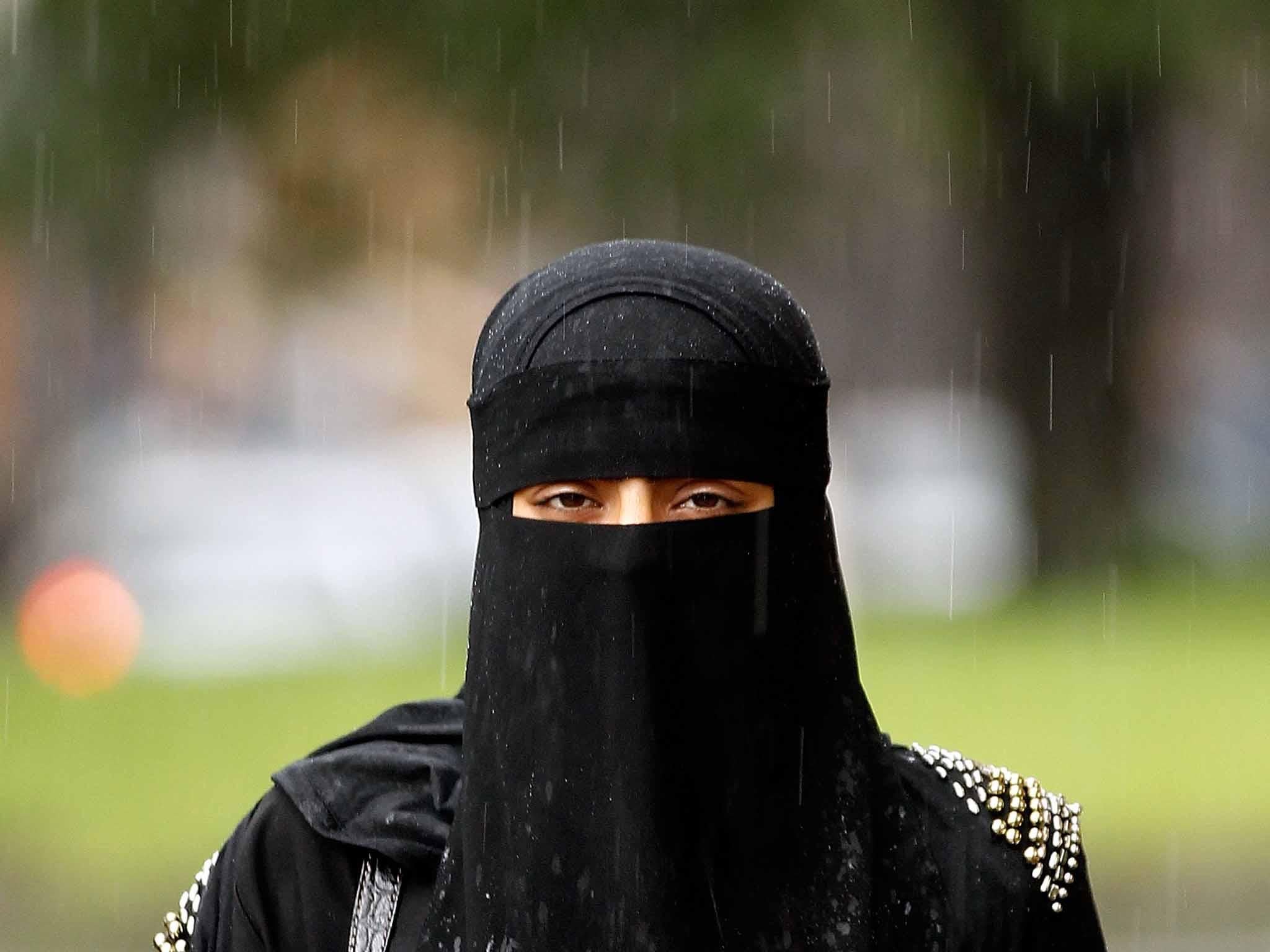
Your support helps us to tell the story
From reproductive rights to climate change to Big Tech, The Independent is on the ground when the story is developing. Whether it's investigating the financials of Elon Musk's pro-Trump PAC or producing our latest documentary, 'The A Word', which shines a light on the American women fighting for reproductive rights, we know how important it is to parse out the facts from the messaging.
At such a critical moment in US history, we need reporters on the ground. Your donation allows us to keep sending journalists to speak to both sides of the story.
The Independent is trusted by Americans across the entire political spectrum. And unlike many other quality news outlets, we choose not to lock Americans out of our reporting and analysis with paywalls. We believe quality journalism should be available to everyone, paid for by those who can afford it.
Your support makes all the difference.It’s two in the afternoon on a busy south London street. I’ve just arrived here with a photographer friend, Eleanor, and our “models” – two obliging young women. Both Layla and Rahima are wearing all-enveloping black gowns and niqabs – face veils that reveal only their eyes. They won’t be striking any poses; just walking casually along the pavement or crossing the street. Nothing to worry anyone. And so we begin. Suddenly, we notice a bald man in his sixties, just a few feet away, making unmistakably rude gestures at us.
Moments later, just as a bus is pulling into the kerb, a youth in a white baseball cap leans out of his car to shout: “Fuck you!” Like a clockwork toy, all the heads on the number 59 swivel round to gape. It’s hard to believe that we’re in the heart of multicultural Brixton, south London, solid Labour and increasingly colonised by the right-on middle classes. But both Layla and Rahima are wearily accustomed to this kind of reaction – which continues more or less throughout our two-hour shoot.
The abuse, no doubt, would be even more extreme if anyone knew they were converts to Salafism, now thought to be the fastest growing Islamic faction in the UK. Salafism, often referred to as Wahhabism, is an ideology commonly associated with Isis and often features in the news, usually as a label applied to jihadis who’ve committed atrocities abroad. This has led many to assume that home-grown followers – who first began to emerge in the 1980s – pose an active threat to society. In Britain, however, the vast majority of self-described Salafis are explicitly anti-violence – indeed, their leaders have been among the most vocal in their condemnation of terrorism.
They also expressly prescribe obedience to the law of the land, so you won’t hear them calling for sharia law to take its place. In other respects, Salafism is arguably one of the most puritanical and conservative brands of Islam: it advocates strict gender segregation, for instance, face veils and rules that govern practically every aspect of day-to-day life. There’s even a Salafi etiquette for going to the lavatory (while saying a special prayer, enter the bathroom with your left foot forward, then exit with your right; do not greet anyone while on the loo).
And any modern dilemmas that haven’t already been covered will be ruled on by male scholars thousands of miles away – usually in Saudi Arabia. Nor may a woman disobey her husband – who is entitled to take up to four wives – unless he’s trying to interfere with her religious duties. Theoretically, he’s within his rights to demand sexual intercourse whenever he wants (unless she’s menstruating), as well as to forbid her from going out to work.
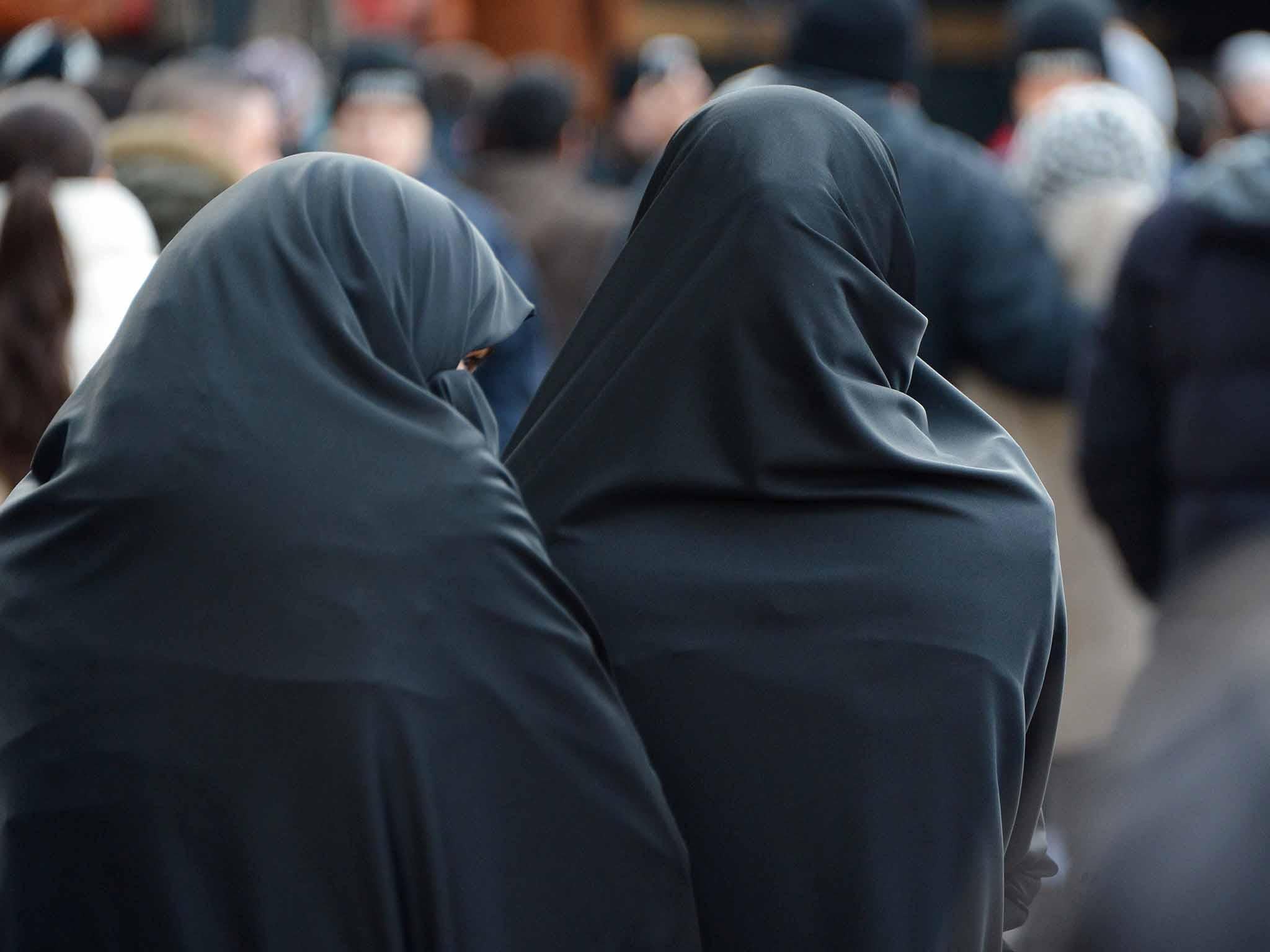
So why would any young British woman choose to become Salafi? What makes her want to stop going out raving with her mates – as many did before donning the niqab – and to live by rules that make 1950s housewives seem liberated? To find out, I spent nearly two-and-a-half years participating as much as possible in the highly segregated activities of Salafi women’s communities in London. Had they been brainwashed? Or forced into niqabs and seclusion? And how did they reconcile the strict rules they had to follow with life in modern Britain?
Most of the women, I discovered, had come from less observant Muslim backgrounds, though a substantial number were converts from other religions. All seemed well-equipped to make a rational decision: the vast majority were either current or former students, or else actively planning to go to college or university. I’d begun my research by respectfully donning a headscarf – though I never pretended to be Muslim – and attending the women’s religious study circles, Friday prayers and other community events, with the permission of the leaders. But gaining the trust of people who already felt constantly under scrutiny as potential “extremists” was no easy task.
During my second visit to the Salafi Mosque in Brixton, one woman told me that they’d had past dealings with researchers – but none had lasted long. One, to the horror of the “sisters” as they call themselves, had infiltrated their group at another mosque, concealing a camera beneath her Islamic gown to make an undercover Channel 4 documentary.
Because of this traumatic betrayal of trust, many of the women assumed I was a spy and avoided talking to me about personal subjects. Instinct told me not to press them. Nine months passed, and I still hadn’t managed to convince a single one to give me an interview. At one point, I even considered giving up. But there were small breakthroughs.
A few women started remarking occasionally on my diligence in regularly attending Islamic study circles. While my presence bewildered some, others seemed to regard it as a sign that I might actually be a genuine researcher. One day, to my surprise, I was invited to one of the informal Salafi lessons that take place in private homes. And then, at last, I secured my first interview. It was with Wafa, a school teacher of Nigerian descent in her early twenties.
When I’d first met her – at a Salafi conference – she’d questioned me rather aggressively. “Why are you going to all these events?”, she’d demanded abruptly, eyeing my inexpertly draped headscarf with suspicion. I explained that I wanted to understand Salafism from the women’s viewpoint. She was curious, and we arranged to meet at a local Subway café. Again, she questioned my motives – more minutely this time. After yet another meeting and several cups of coffee, she suddenly relaxed and admitted with a peal of laughter: “I thought you worked for MI5!”
From that point on, I had an ally: Wafa staunchly defended me when others accused me of spying, and often accompanied me to events. And she told me her own fascinating story. She’d been raised as a Christian by her mother, but had never quite grasped the concept of the Trinity – how could God be one and three at the same time?
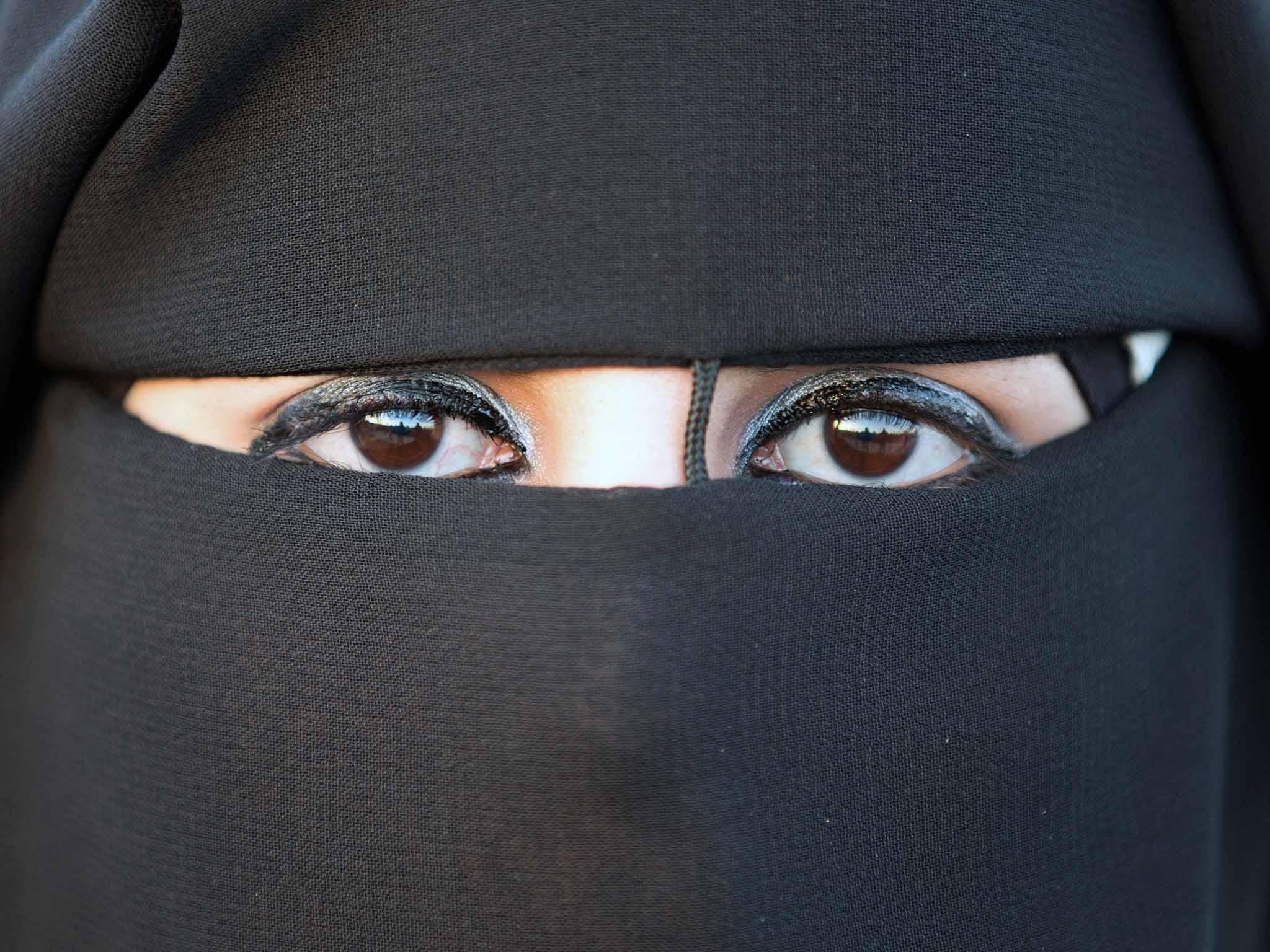
At 14, she’d converted to Islam, but hadn’t covered her head until three years later. “People loved me for my hair,” she said, beaming at the memory. “I had these amazing hairstyles. At one point, I had gold, I had brown here, I had maroon in the middle, and I had jet black at the back… and all [these] hair extensions. Raising the money for it, though, was hard. I’d have to find a boyfriend so he could top me up with some money!”
But she began to take her religion more seriously. With the encouragement of a school friend, she started praying and, eventually, wearing a hijab and loose-fitting gown. At that point, Muslim classmates lined up to advise her on everything from which mosque to attend, to which Islamic scholars to trust and which schools of legal thought to follow. “People in college, they used to say to me, ‘I’m Maliki, I’m Hanbali [schools of Islamic legal thought], I’m this, I’m that’ ... I didn’t get why you had to be one.”
Baffled by the array of “Islams” on offer, she decided to try out the Salafi mosque in Brixton – simply because she’d heard that many black converts went there. There, she was taught what she described as a “purified” form of Islam that drew solely and strictly upon the Qur’an and hadith (traditions of the Prophet Muhammed), without mixing religion with culture or fallible human interpretations. “[It was] straightforward,” she said, clicking her fingers. “No mucking about… [Salafism] had an answer for everything. It’s just as simple as ‘hear and obey‘ [clicks fingers] – That straightforwardness is such a… aaaaah,” she heaved a sigh of relief. “I don’t need to think ... don’t need to make it complicated… I’ve got a set way to understand [the Qur’an]… It’s given me that certainty.”
I’ve witnessed for myself how Salafi preachers convey this sense of simplicity and authenticity. At every lesson I attended, the teachers rarely strayed from quoting or paraphrasing the words of the scriptures or of famous Islamic scholars. In fact, the phrase “I think” is banned from the Salafi teacher’s lexicon: all points must be framed by the Qur’an, hadith or words of a respected scholar. Even the rules that shape their lives are presented as rooted in “authentic” Islamic texts. They may be harsh in a 21st-century context, but they leave no room for doubt. And that’s the attraction: complete and utter certainty. Having such a clear sense of purpose in life was undoubtedly fulfilling for the women I interviewed. “Subhanallah [glory to God]!” said Maryam, a university student in her mid-twenties. “I feel more at peace and tranquil, in that I am trying my utmost to implement the religion because I have evidence to support me.”
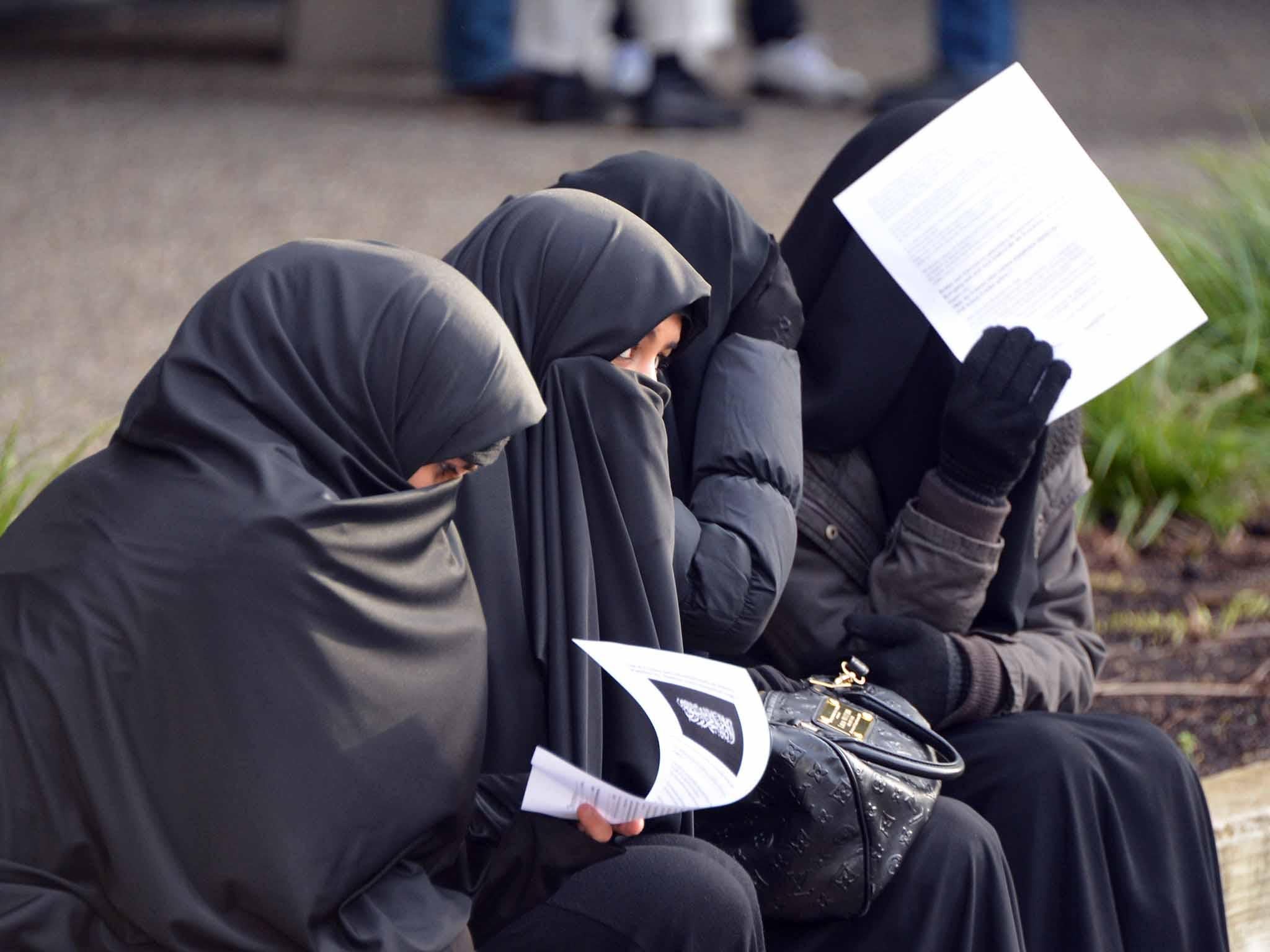
For a Salafi, there’s no need to familiarise yourself with centuries of Islamic scholarship and debate, or to investigate the practices of the many other Muslim groups. By simply following Salafi teachings, it is claimed, you can be assured of God’s blessing – and hopefully a place in Paradise. As Wafa put it: “It’s as simple as ABC.”
The other women I interviewed made similar remarks, though all had unique stories to tell. Among them were Afro-Caribbean converts, the daughters of Somali refugees, former gang members, second-generation Pakistanis and people with various other mixed backgrounds. Some had previously been supporters of Islamist and jihadi groups, but had eventually become disillusioned and started seeking alternatives. I even met a former Catholic nun, an ex-Jehovah’s Witness, two Poles and a Sikh convert. All had decided to embrace Salafism and live by its rules. Far from converting because of family pressure, as is often assumed, most women had parents who were, at best, puzzled by their daughters’ new lifestyle; and at worst outraged and determined to put a stop to it.
Wafa’s Muslim father had reacted angrily to her transformation. “You extremist, you’ve been brainwashed!” he yelled. “Don’t go to the Brixton Mosque again.” But she continued to visit the mosque in secret, and even started wearing a face veil. For about a year, she’d roll up her niqab – which she’d concealed in the collar of her black gown – on the doorstep every morning before setting off to work, then roll it back down when she returned. One day, however, her father recognised her in the street and ordered her to leave home for good. Fortunately, Wafa managed to reason with him. She wasn’t the only one with a secret niqab habit. “Ninety per cent of my friends, they have to sneak to wear it,” said Safia, a Somali in her early twenties. “I know so many sisters that are scared of their parents finding out ’cause of what they might do to them. . . [and] they’re born-Muslims [ie with Muslim families].”
For many of the women, becoming Salafi had caused long-term rifts within families and friendship groups. It had also led to countless dilemmas as the women tried to reconcile rigid ancient teachings with life in a modern city. For instance, how do you get a university degree if interest-bearing loans are forbidden? Or land a job if you can’t remove your veil among non-related men, let alone speak to them? And how do you find a decent husband if you’re not allowed near a suitor unchaperoned?
Like many other British women, the Salafis had educational and professional aspirations, and were unwilling to make major compromises. Rather than give up on a career entirely, they chose degrees and jobs that were less likely to involve men, such as midwifery and primary-school teaching. They also did their best to select partners who’d support their career ambitions. The unmarried woman were all keen to find a suitable Salafi husband, and equally keen to avoid men with tyrannical tendencies – a particular danger for wives who believe it’s sinful to disobey. So although they typically met their future husbands only a few times, while chaperoned, they subjected them to thorough questioning. Some even used interview techniques popular with job recruiters (“Tell me about a situation where you...”).
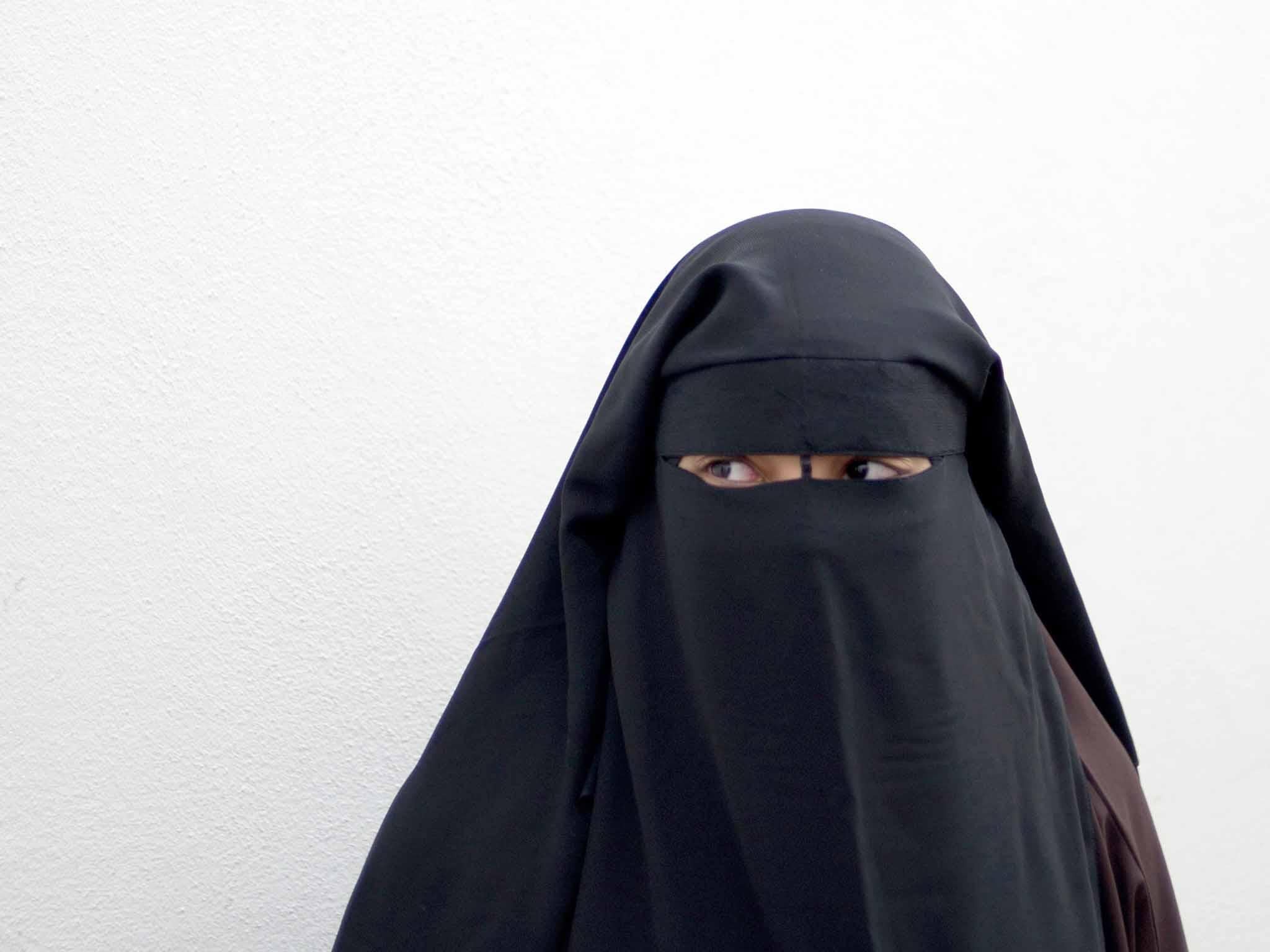
One particularly savvy husband-hunter showed me her “reference questionnaire”, which she handed out to any fellow Salafis who might know a potential suitor. By ticking multiple-choice answers, they could rate him on everything from his religious knowledge to his temper and personal hygiene. Yet even trustworthy friends and relatives could have faulty judgment, especially where looks were concerned. Since most Salafis deem photographs impermissible, a woman often had to rely on verbal descriptions of a prospective suitor, only to find him unattractive when she finally met him in a chaperoned setting. As for the man himself, it was often the first time he was permitted to see her face. Those with more experience in husband-shopping were often cynical. When Filsan, a Somali, joined the Brixton community, she formed the impression that some men were abusing Salafi teachings on polygamy to satisfy their sexual desires. Many of them seemed to be seeking second wives, yet she doubted they were all capable of fulfilling the conditions for polygamy, which include the ability to provide financially for their wives and treat them equally.
In fact, polygamy seemed to hold little attraction – only a minority of the women I met aspired to be a “co-wife”. To ensure they never had to share a husband, some insisted on a special clause in their Islamic marriage contracts which triggered a divorce if he ever decided to take another wife. Sometimes, the difficulty of implementing Salafi teachings – combined with never-ending hostility on the streets – became overwhelming. It was common for women to lose their initial zeal; many skipped religious lessons for months on end and some started mixing with men again. A few even got pregnant outside marriage. Others persisted, but often had to make an agonising decision to disregard the rules – for financial or other practical reasons.
Deqa, for instance, had to wear a uniform and touch male patients as part of her job as a nurse. She was alarmed to discover that Salafi preachers disapproved, but told them: “If I don’t work now, who’s going to pay my rent?” They had no reply. Salafi teachings, at their most hard-line, instruct followers to stick to their own kind, focus on their own religious rituals and avoid mixing with non-believers – unless they’re trying to convert them.
In their classes, they’re also taught that homosexuality is an abomination, that females should stay in the home and that non-believers face going to hell for eternity. Little wonder, perhaps, that at a time when Britain faces very real threats from home-grown jihadism, Salafis are largely viewed with suspicion. Indeed, they risk falling foul of the government’s definition of extremism, which covers not only committed jihadis, but also anyone who vocally or actively opposes “fundamental British values”. But are the Salafis’ less palatable views – or at least many of them – so radically different from those of fundamentalist Christians or ultra-orthodox Jews?
The women definitely saw their beliefs as part of their own personal moral code, but in practice, many were flexible – and even inconsistent. I have sat, uneasily, in the occasional study circle where women were taught to “hate those who hate Allah” – i.e. non-believers, like me. Most teachers qualified this as meaning that you “hate the sin, not the sinner”, and prescribed good manners and kindness to all. But others – fully aware of my presence in the room – warned the women to disassociate themselves from non-believers, who would not “be reminding you of Allah” but instead would corrupt you with their sinful ways.
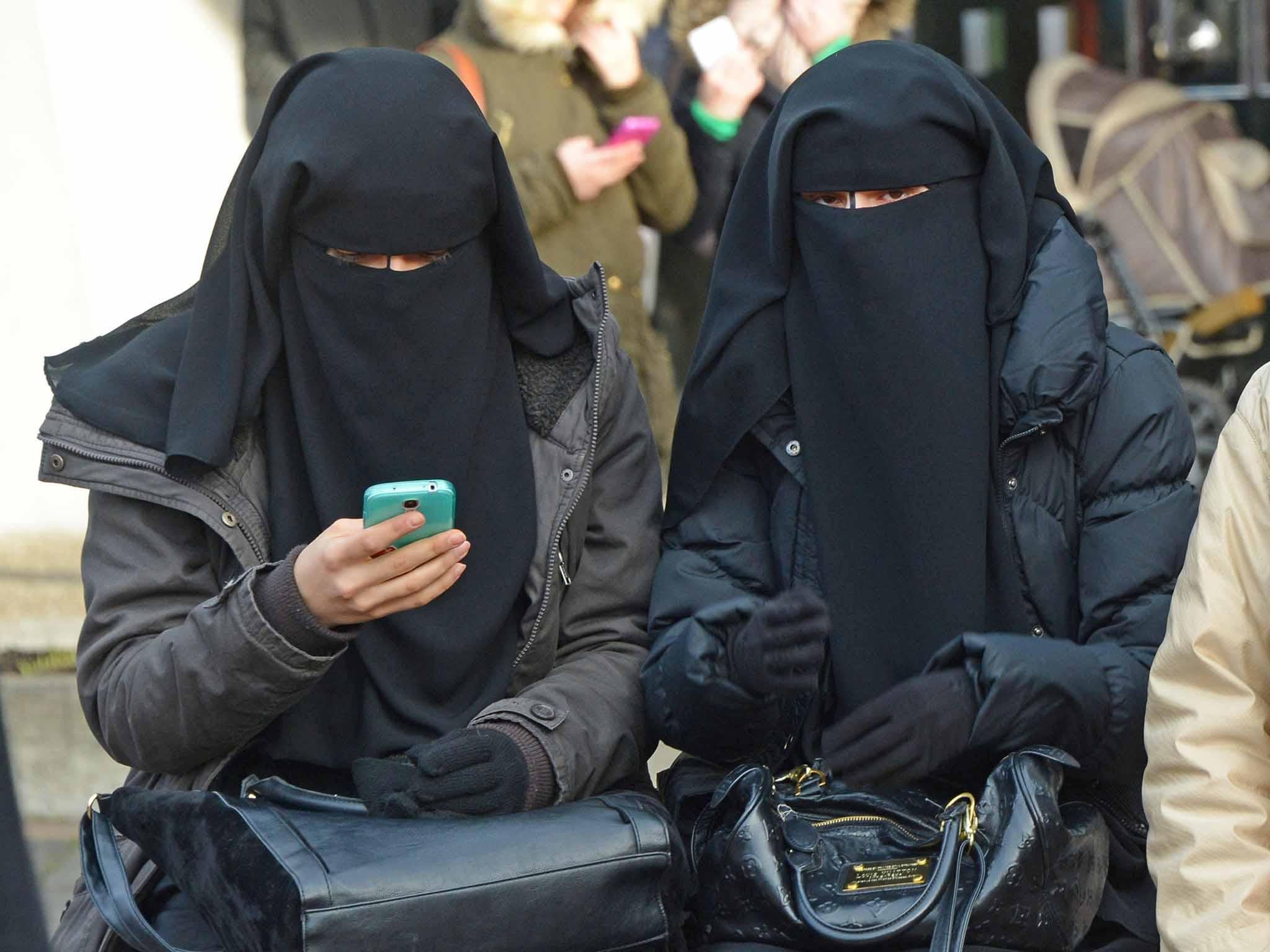
Even so, as Londoners with jobs, degrees and non-Salafi families, few of the women could maintain a separate, insular, home-bound existence. Nor did they really want to, I sensed. By spending time with the women, attending their wedding feasts and other parties – female-only, of course – I came to realise that many still had plenty of non-Salafi and non-Muslim friends. A few even had more non-Muslim friends than Muslim ones.
This was certainly the case with Layla and Rahima, who may have stretched Salafi rules to breaking point as a favour to me. The shoot they agreed to do in Brixton was for the cover of my new book, The Making of a Salafi Muslim Woman: Paths to Conversion, the first in-depth study of the lives of British Salafi women. As they walked up and down Brixton Road, they stopped a few times for genial chats with women in tight jeans and short skirts – old friends who should have remained firmly in Layla and Rahima’s pre-Salafi lives. Neither the women nor their friends seemed to care who was wearing what. No one looked accusing. No one proselytised. The only wonder was that Layla and Rahima were so often recognised – just by their expressive eyes.
What is a Salafi?
The term itself means an attachment to the salaf, generally considered to be the first three generations of Muslims – from the Prophet Muhammad and his disciples onwards. Modern Salafis seek to emulate the ways of the salaf and to obey the guidance set out in the scriptures (Qur’an and hadith) as strictly as possible. Why, then, do some jihadis claim to be Salafis?
Well, there’s no “Salafi pope” who decides who has a right to the term. And because the salaf are widely respected among Muslims, “Salafi” is a popular identity label, invoked by Isis supporters and non-violent quietists alike. Basically, “Salafi” is seen by many as shorthand for “true Muslim” – so it’s best understood as a claim to religious legitimacy, rather than evidence of a particular political agenda.
In Britain, the term has been invoked by Anjem Choudary and his associates, who are notorious for praising terrorists like the 9/11 hijackers, whom they labelled “the magnificent 19”. This has left British Salafis – the vast majority of whom are non-violent – feeling unjustly tarnished. Indeed, their leaders have been vehemently condemning jihadi groups and terrorism for years. Followers even refrain from political activities such as demonstrating, lobbying and voting.
Mainstream British Salafis believe Muslims are in grave moral crisis because they’ve abandoned the core principles of Islam – such as worshipping strictly one God. To these Salafis, therefore, even speculating about a future Islamic state is futile and unwise. Instead, they focus on peaceful proselytisation in their mission to restore fundamental Islamic practices (such as prayer, fasting and dress) to their “purified” forms, as exemplified by the salaf.
Anabel Inge is the author of The Making of a Salafi Muslim Woman: Paths to Conversion, published by Oxford University Press